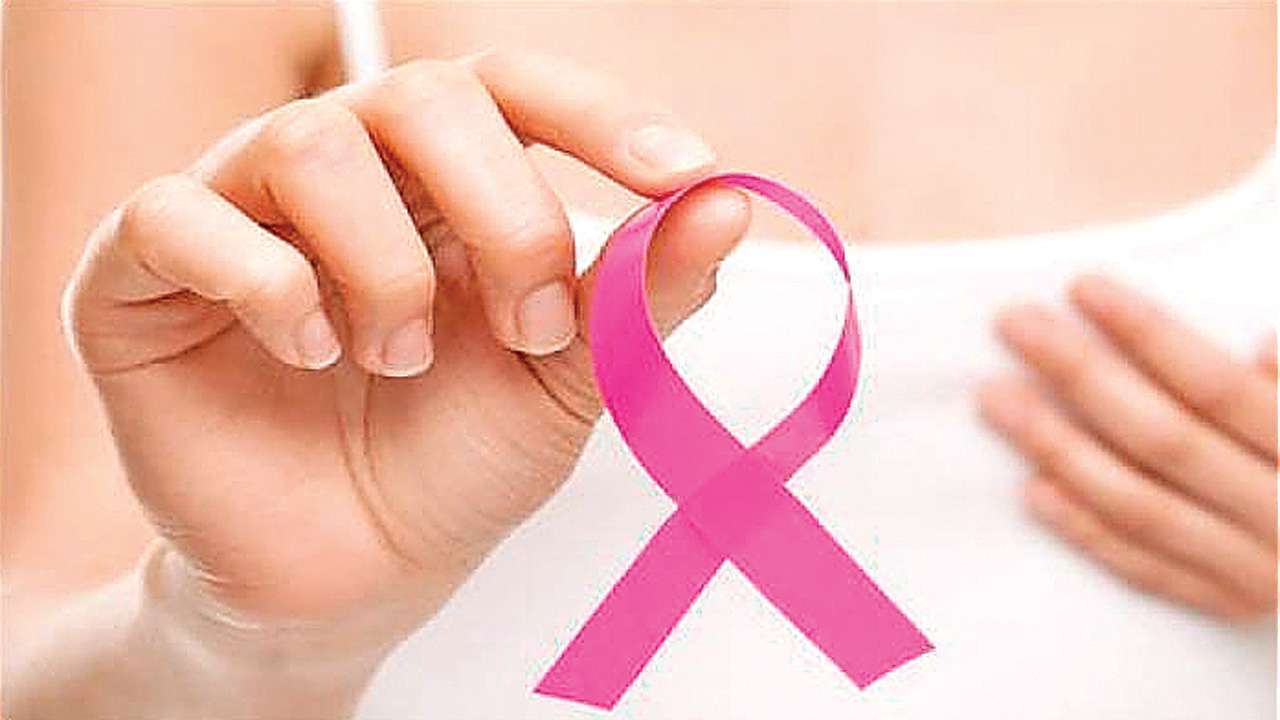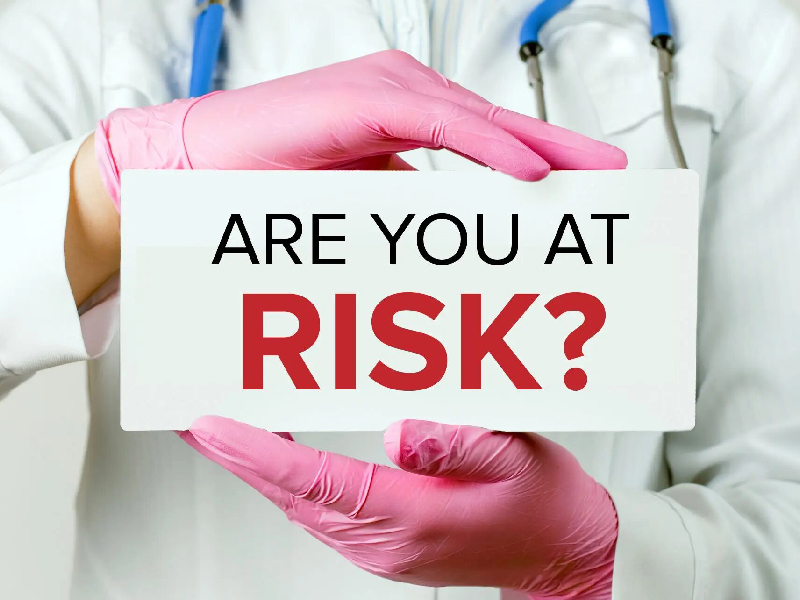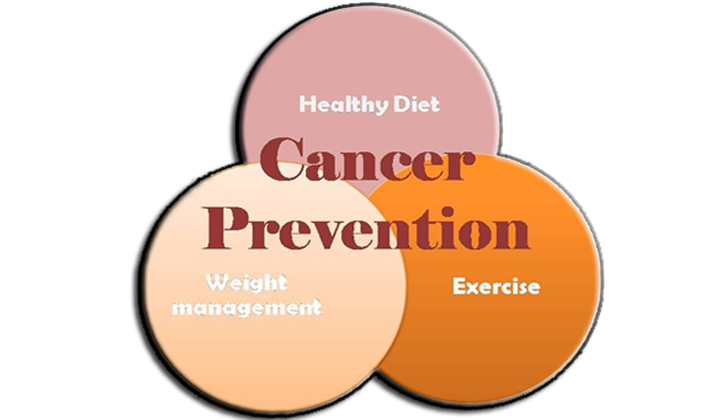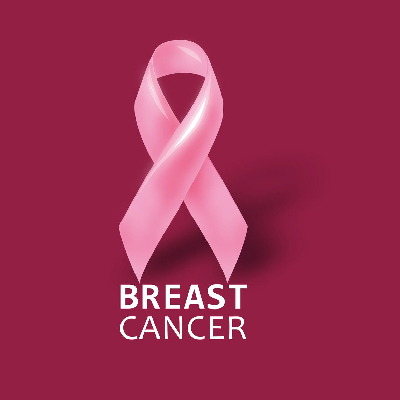breast cancer surgical oncologist
Breast Cancer
Breast cancer is one of the foremost challenges in the healthcare of women.
One of the most common cancers in Indian women.
Almost one lakh cases are diagnosed every year with the incidence likely to increase even further in the coming years.
Breast cancer is an invasive tumor involving the mammary glands of the breast.

Breast cancer is diagnosed with a combination of mammograms, breast self-examination, biopsy and pathological examination.
Treatment of breast cancer includes surgery, radiation therapy, chemotherapy, hormonal therapy and targeted therapy.
The risk of developing breast cancer can be reduced by managing controllable risk factors like lifestyle modifications and also undergoing periodical screening tests.
A combination of hormonal, lifestyle, environmental risk factors in susceptible individuals are known to cause breast cancer.
5-10% of breast cancers are inherited through gene mutations that pass through generations of family.
Signs and Symptoms of Breast Cancer may include:
Nipple changes – Recent onset nipple retraction, any nipple discharge especially bloody. Peeling, scaling, crusting and flaking of the pigmented skin around the nipple. Skin changes – Dimpling, redness and pitting of skin like the orange skin. Breast changes – Change in the shape of the breast, the appearance of new swelling or feeling different from the surrounding skin can suggest breast cancer.Risk Factors
Females have a higher incidence of breast cancer than males.
Elderly women have a higher incidence of breast cancer.
Previous breast disorders like lobular carcinoma in situ / atypical hyperplasia of the breast have an increased risk of breast cancer.
Personal history of breast cancer in one breast increases the risk in the other breast.
A family history of breast cancer can predispose to higher risk.
Genetic mutations like BRCA1/2 greatly increase the risk of breast and other cancers.
Radiation exposure during childhood increases the risk of breast cancer.
Obesity increases the risk of breast cancer.
Early-onset of menstruation and attaining menopause at an older age are associated with an increased risk of breast cancer.
Having a child after 30 years of age or women who have never been pregnant have an increased risk of breast cancer.
Postmenopausal hormonal therapy that has a combination of estrogen and progesterone predispose to a higher risk of breast cancer.
Alcohol consumption is associated with an increased risk of breast cancer.

A family history of breast cancer. If your mother, sister or daughter was diagnosed with breast cancer, particularly at a young age, your risk of breast cancer is increased. Still, the majority of people diagnosed with breast cancer have no family history of the disease.
Inherited genes that increase cancer risk. Certain gene mutations that increase the risk of breast cancer can be passed from parents to children. The most well-known gene mutations are referred to as BRCA1 and BRCA2. These genes can greatly increase your risk of breast cancer and other cancers, but they don’t make cancer inevitable.
Radiation exposure. If you received radiation treatments to your chest as a child or young adult, your risk of breast cancer is increased.
Obesity. Being obese increases your risk of breast cancer.
Beginning your period at a younger age. Beginning your period before age 12 increases your risk of breast cancer.
Beginning menopause at an older age. If you began menopause at an older age, you’re more likely to develop breast cancer.
Having your first child at an older age. Women who give birth to their first child after age 30 may have an increased risk of breast cancer.
Having never been pregnant. Women who have never been pregnant have a greater risk of breast cancer than do women who have had one or more pregnancies.
Postmenopausal hormone therapy. Women who take hormone therapy medications that combine estrogen and progesterone to treat the signs and symptoms of menopause have an increased risk of breast cancer. The risk of breast cancer decreases when women stop taking these medications.
Drinking alcohol. Drinking alcohol increases the risk of breast cancer.
Prevention

Maintain a healthy weight.
Exercise regularly, up to 30 minutes of activity every day.
Limit alcohol intake and keep it in moderation.
Minimize post-menopausal hormone therapy.
Consumption of a healthy diet rich in plant-based foods along with legumes, whole grains and nuts.
Preventive surgery – Offered for individuals with a proven high risk of breast cancer.
EARLY DETECTION IS THE BEST PROTECTION AGAINST BREAST CANCER
Breast Cancer in India
The incidence is on the rise in younger women.
25-32% of urban women’s cancers are breast cancers.
They usually present late thereby decreasing the long-term survival.
Breast cancer screening is the single most determinant responsible for better survival in breast cancer.
Lack of awareness about screening for breast cancer adds to the disease burden in the country.
Tumors in the younger age group tend to be more aggressive.
One case of breast cancer is diagnosed every 4 minutes in India.
One woman dies of breast cancer-related causes every 13 minutes.
5-year survival rates in India are 60% whereas it is 89% in the USA.
High mortality is due to a lack of awareness about screening and delay in diagnosis.
50% of breast cancers present in stage III&IV.
Breastfeeding reduces the risk of breast cancer development by 4.3% for every 12 months of breastfeeding.
Surgery
- NBreast Conservative Surgery
- NSentinel Lymph Node Biopsy
- NModified Radical Mastectomy
- NNipple Sparing Mastectomy
